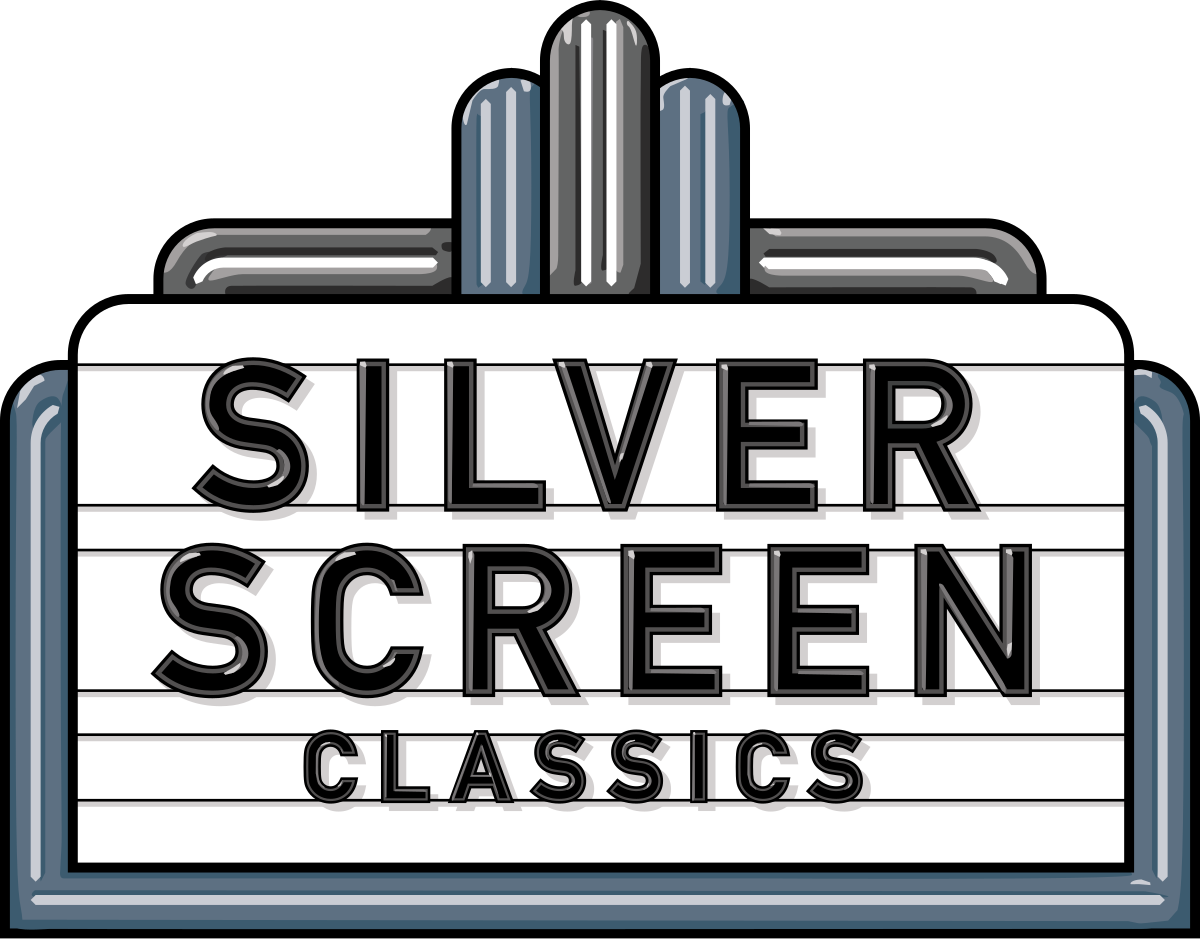1
Fom hilarious skits that broke the internet to captivating performances on the big screen,
,
born Adeyela Adebola, has consistently proven herself a force to be reckoned with. After rising to fame with her “Omo Ibadan Coaching Centre” skits, she quickly transitioned into a standout talent in both comedy and film, gracing productions like ‘Ajosepo’ and ‘She Must Be Obeyed’. Her journey is a testament to unwavering consistency and a clear vision. In this exclusive interview, Lizzy Jay opens up to
TOMI FALADE
about her relentless drive, evolving content strategy, and why she’s trading the spotlight for a seat in the director’s chair, with filmmaking, not politics, as her next big leap.
When you started doing skits, was Nollywood on your mind, or did it just come calling afterward?
Actually, nothing was on my mind when I started skits. What I had in mind was to do music, go to school, and become a medical doctor. Skits were just a way of killing boredom. I was home alone, had my phone, and needed to do something. It wasn’t like I saw people doing skits and wanted to join. I was just bored and thought, “Let me be doing something.”
Whenwasthefirsttimeyourealisedthatthis skit thing wasn’t just a game anymore?
It was when I did my first “coaching center” skit. Not the popular one people know now, it was one where someone asked me to spell “attention,” and I said, “I-1-0-9-Attention.” I posted it on Facebook because I didn’t have Instagram then. The next day, people told me that Omotola Jalade and others had reposted it. That’s when I knew I needed to open an Instagram page and that I had to continue doing it.
When was the first time you made money from social media?
In 2017, a real estate company reached out to me for an advert. They wanted me to shoot a skit for their Ileya promo, and they paid me N300,000. That was the first time I earned money from making skits.
Howdiditfeelwhentheyofferedtopayyou?
It felt really good. Something I never planned to do started bringing money. That N300,000 was my first big money. They didn’t pay in parts; it was all at once. It was the highlight of my year.
I noticed that in your acting career, even though you often play funny characters, you’realwaysproperlywrittenintothestory. Unlike some comedians who are called in to justplayoneortwocomicscenes, doyoufeel different from other comedians?
To be honest, I believe whatever is worth doing at all is worth doing well. I’ve done a one-scene cameo before, and when people saw the trailer, they thought I had a major role because that one scene was cut into the trailer. Sometimes producers just want a known face for comic relief, which is understandable. But how you take it matters. These days, I scrutinize scripts before accepting. There are people I trust to give me meaningful roles, but for others, I need to read the script. Just yesterday, someone reached out, and after reading their script, I told my manager I couldn’t do it. I had many scenes, but it was mostly “constitute nuisance” scenes, like the gateman character. I feel like Nollywood needs to stop the overuse of housemaid and gateman roles, especially when they don’t add anything to the plot. I can play those roles if they contribute meaningfully, like in ‘She Must Be Obeyed’. But if my character doesn’t affect the story, I’m not doing it. It’s not about feeling better than anyone, it’s about value.
Do you think those comic scenes should be scrapped entirely, or left for upcoming actors to gain experience?
I’m not saying they should be scrapped. I’m saying any character written into a movie should be important to the story. For example, in the movie ‘Adiré’, the producer had finished scripting and casting. Then someone saw my cameo in Dr. Seed’s movie and insisted I be written into ‘Adiré’. You’d never guess it was an afterthought; my role blended in. So no, don’t scrap those roles. Just let them make sense. Don’t have a character just serving food and saying rubbish. That’s damaging to my brand.
I see that you’re someone who gets tired of a particular phase and quickly moves on. I remember watching some of your YouTube series; they were really hilarious. I also noticed you’ve been working on making a movie for the past year. Let’s talk about that journey.
Yes, ‘Plan C’ is coming. I’m not the only one on the project. Like they say, collaboration is what Nollywood needs now; someone brings money, another brings ideas. We were about three or four on it: myself, my manager, Big Sam. We shot ‘Plan C’ either last year or early last year; I can’t even remember clearly. It took blood and sweat, and that was when I really began to empathize with producers. Stepping into that world made me realise it’s not easy.
The project was draining. Every day something changed, and we were always scrambling for funds. That’s when I truly understood what it means when people say they sold property to make a movie. I was intentional about not spending money I didn’t have. Otherwise, I might’ve sold something too. But I told myself, “Even if I don’t have a kobo left in my account, as long as I’m not in debt, I’m fine.” I wasn’t going to start borrowing or begging. If I had to spend all I had, fine. But I wasn’t going to go around asking people for money.
We’re looking at a September or November release for ‘Plan C’, and I’d really love for people to watch it. We all put our hearts into that project. It wasn’t easy. Making a Nollywood film is not child’s play; you put everything you have into it. And when you’re producing and acting at the same time, it’s another level of stress. You’re thinking about logistics, funding, and at the same time, trying to stay in character. It’s a lot.
Right now, I’ve also been pushing content on YouTube because I’m trying to build that platform properly for full-length movies.
There’s been a recurring conversation on social media about actors being expected to “dance” to promote films. Are you dancing for ‘Plan C’, or are you taking a different marketing route? What’s your view on this trend?
Will you blame us? Anyhow your market will sell, do it. If it means dancing, do it. If it means creating content, do that. Everything is content now, and whatever your marketing strategy is, just use it. We can’t keep posting only flyers or trailers every day. Social media doesn’t work like that anymore. You have to create what social media wants: content. And yes, sometimes that means dancing.
If a producer hires you as an actor and later asks you to create content or dance for marketing, do you see that as part of your job or something extra they should pay for?
It’s not my obligation. You hired me as an actor, and I’ve done my job. Now, out of understanding and goodwill, I might decide to help promote your work. That’s different. I will post the poster, share the trailer—basic things. But when you start making it seem like it’s my duty to dance or make extra content for PR, that’s where I draw the line.
People don’t know that sometimes, creating content for PR is more stressful than shooting the movie itself. So if you want me to go that extra mile, you should pay for it. Let’s be real, what if I didn’t have a strong social media following? Would you still expect that from me? These are the things we have to consider.
Assomeonewho’sclearlypassionateabout storytelling but also has bills to pay, where do you draw the line between creativity and financial survival? Say you rejected a script, but they return offering you triple your usual fee, do you reconsider for the money?
There’s something I believe about money: it finishes. But my brand will still be here. That money you want to collect now? If you build your brand well, you’ll earn even more in the long run.
To be honest, this is a tricky one. Sometimes you’re in real need, and then a project offering N2.5 million comes in; it feels like a blessing. But I’ve taken jobs before where I undercharged because I liked the person or wanted to help, and later I regretted even stepping on set. The project wasn’t good for my brand. So for me, it’s never been about the money. It’s about value and long-term vision.
Maybe because you have so many other things giving you money? You’re also in two industries; which one pays better?
It will always be content, maybe until I really get into filmmaking and start making my own films. But it will always be content. To be honest, I can do a one-hour brand activation and I know what they’ll pay me. But I can be on a movie set for three days, and the movie won’t pay me that same amount. That’s what I’m saying. There are some people who, normally, if I’m going to charge per day, and they say, “Lizzy, I need you on my set,” I’ll think, “If I collect this amount alone, how much is left for production?” Sometimes, you’ll take those jobs and sit back like, “For my brand, I should never have done this job.”
As a young woman in showbiz, has that affected your relationship decisions? Have you met anyone who said, “I can’t date or marry an actress”?
No, not really. When it comes to relationships now, I haven’t met anyone who would say that. I’m already in the industry, so if you’re coming to me, you know what I do. Why would you now come and say that?
I’ve never encountered something like that, and I pray I never do. This is what I do. You came to me because of it. If I wasn’t known, you probably wouldn’t have met me. So you know me now through what I’m doing.
I tell people: there’s a kind of money I’ll have, and you won’t see me. It will be my decision, not the other person’s. Once in a while, I’ll just say, “Mr. Seun, are you there?” and pop out that morning. That’s Lizzy with money. But that doesn’t mean I’ll just lay back and do nothing. Even if the person says, “I have money,” we still need to have an agreement: I’m not stopping what I do. Maybe I won’t be dancing and doing skits, but I’ll still be making movies.
If you have money, great. You’ll be funding two big-budget films. Even if you’re in the U.S. and want me to come and stay, why not? I’ll stay. When I want to produce my movie, I’ll come, shoot, and when I want to produce the next one, I’ll come again. It’s not like I’ll stop. I might just not appear in other people’s films anymore. I’ll be making mine. Look at Ruth Kadiri; she’s making her films, putting them out, and making money. But as for stopping completely? No. You’ll be funding that dream.
You Might Also Like
Provided by SyndiGate Media Inc. (
Syndigate.info
).







